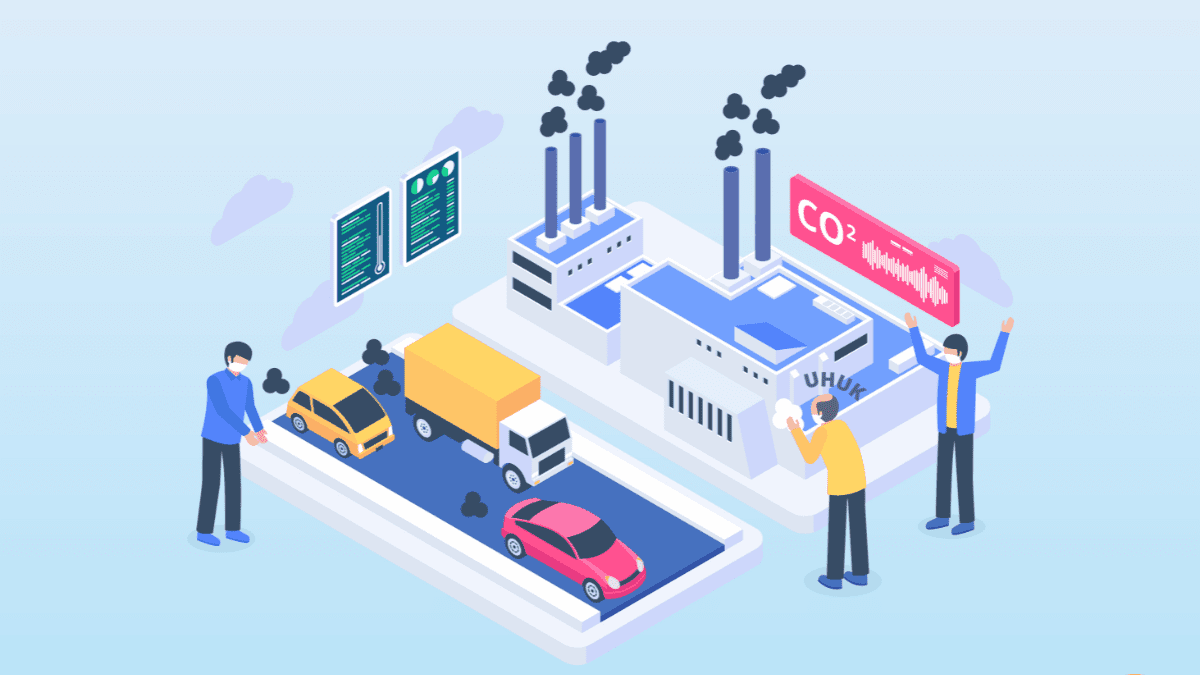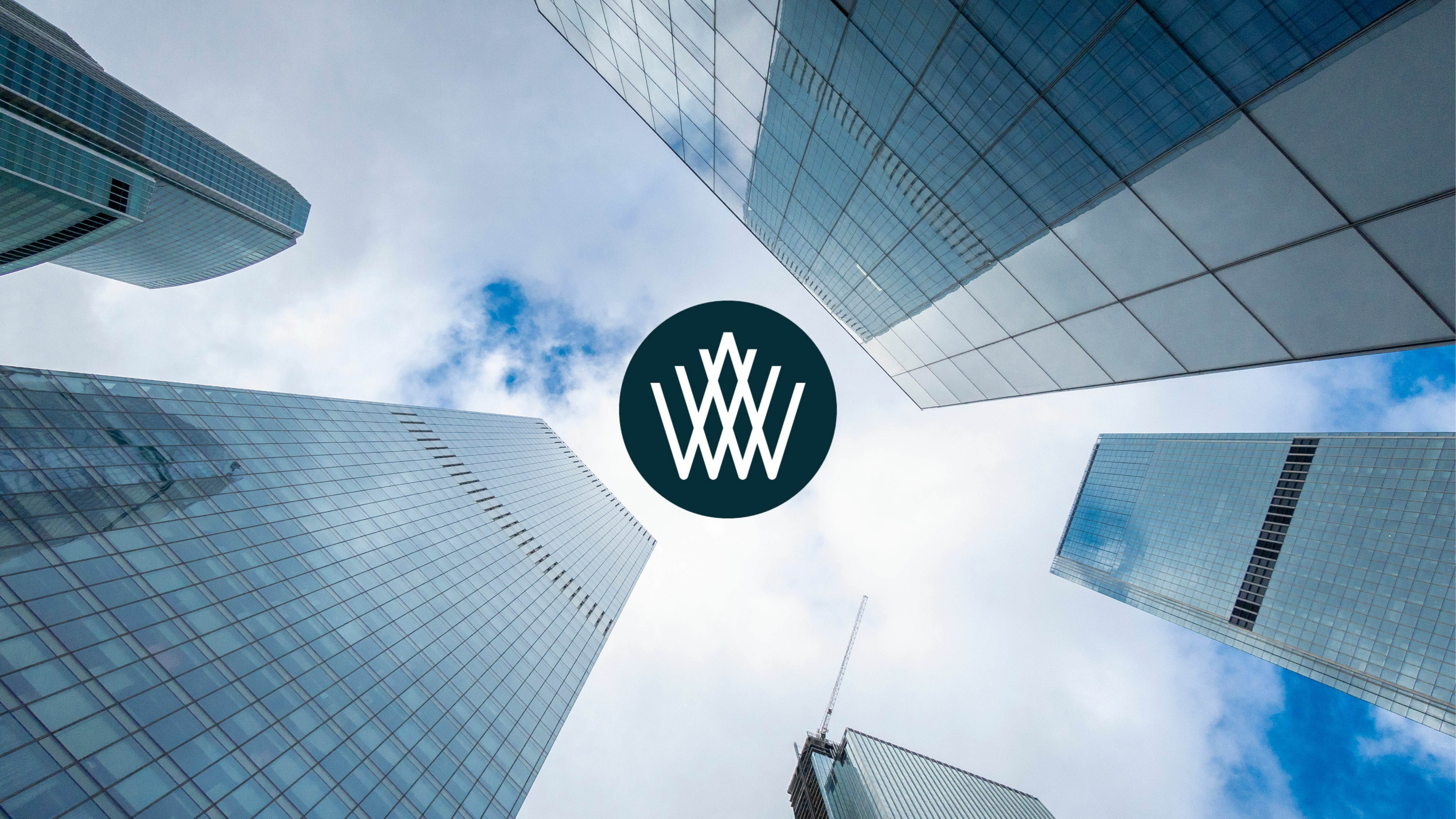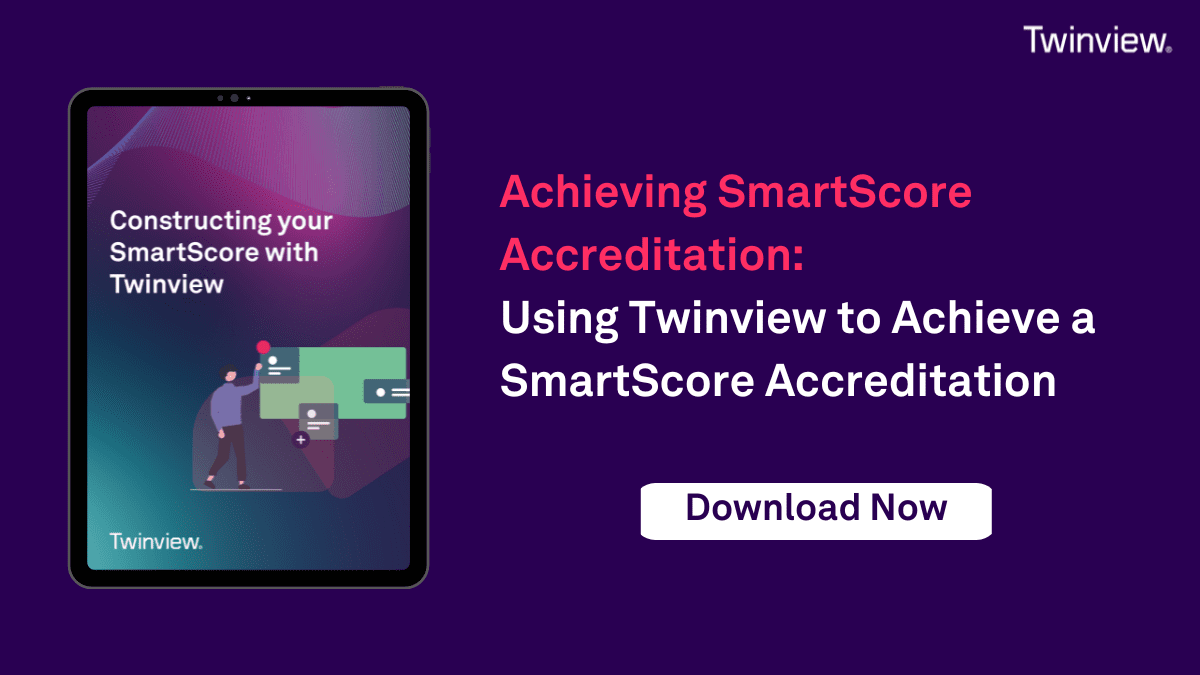01 Jun 2023 | Industry Insights
The Role of Digital Twins in Achieving Indoor Air Quality Standards for SmartScore Accreditation

Book your one-on-one appointment with one of our specialists.
info@twinview.com
+44 (0)844 800 6660
London
24 Greville Street
Farringdon
London
EC1n 8SS
Newcastle
Spaceworks
Benton Park Road
Newcastle upon Tyne
NE7 7LX



